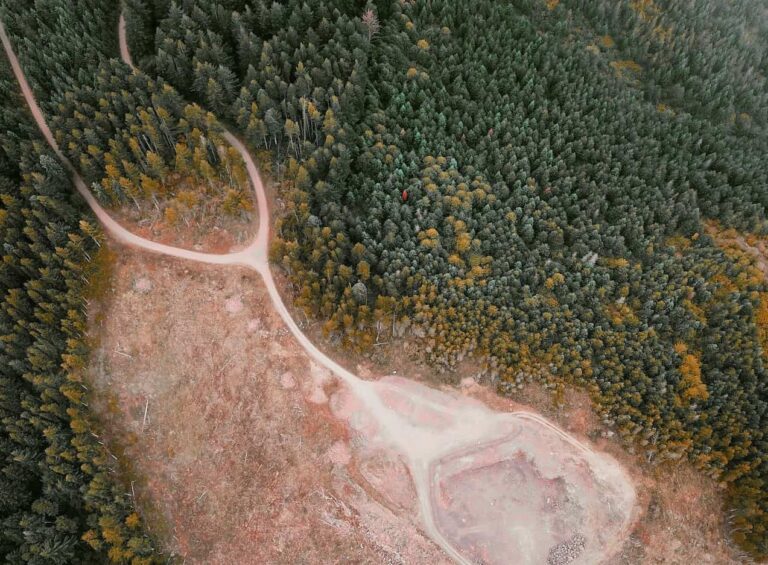On April 19, the European Parliament gave the final green light to a new law against deforestation that aims to combat climate change and biodiversity loss.
It was approved by 552 votes to 44 with 43 abstentions. After the green light from the EU Parliament, the measure will have to go through the Council. The next step will then be publication in the EU Official Journal and entry into force 20 days later.
At that point the regulation will be directly applicable in all member countries.
Table of Contents
Stop to products from deforestation
Under the new regulation, companies will only be able to sell in EU countries those products whose supplier has issued a due diligence statement. Thus certifying that the product does not come from deforested land. And, that has not contributed to the degradation of forests, including irreplaceable primary forests, after December 31, 2020.
Another criterion that must also be met is whether products comply with relevant legislation in the country of production. Including human rights legislation.
With this in mind, companies will have to ensure that the rights of indigenous people are not infringed upon.
The products to which the legislation will apply
But specifically to which products does the new regulation apply? First, the new regulation covers livestock, cocoa, coffee, palm oil, soybeans and wood.
Added to these are all products that contain, were fed with, or were produced using these products. The reference is, for example, leather, chocolate or furniture. In addition, explains a note from the European Parliament, during negotiations MEPs also managed to get rubber, charcoal, printed paper products. And a range of palm oil derivatives are included.
Read also: Habitat loss: what is it, causes, effects and possible solutions
Expanding the definition of forest degradation
Finally, the text expands the definition of forest degradation to now include the conversion of primary or naturally regenerated forests to forest plantations or other forest land. As for deforestation itself, there is now much more consumer awareness of the issue than in the past.
Another novelty introduced by the new deforestation legislation passed by the European Parliament is a new risk-based mode of control. What this means in concrete terms is that the Commission will classify countries, or parts thereof, as low risk, standard risk, or high risk. This, based on an objective and transparent assessment within 18 months after the new regulation comes into force.
Satellite monitoring and DNA analysis
Another important point established by the regulation concerns the possibility for EU competent authorities to have access to information provided by companies. Such as geolocation coordinates.
Added to this is also the fact that the origin of products will be able to be verified through satellite monitoring tools and DNA analysis.
“Penalties for violating the new rules,” the note reads, “provide for a maximum fine of at least 4 percent of the total annual turnover in the EU of the operator or trader.
Read also: Reforestation, 4 successful and massive projects of the past years












